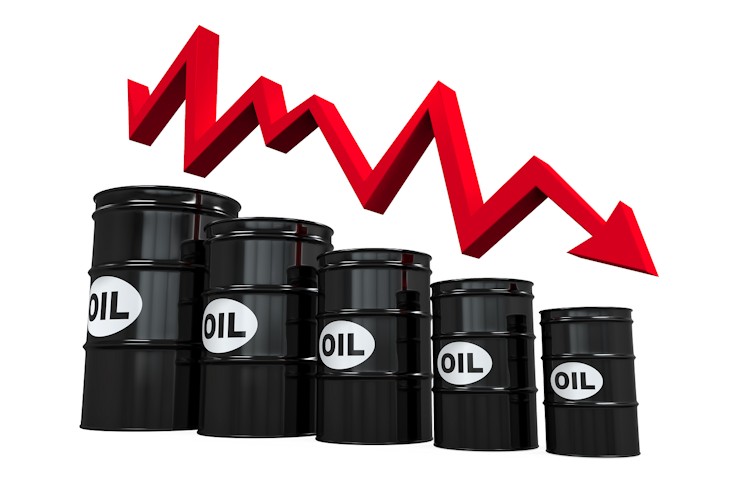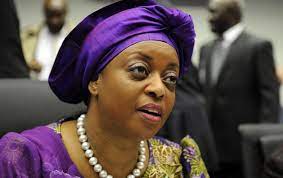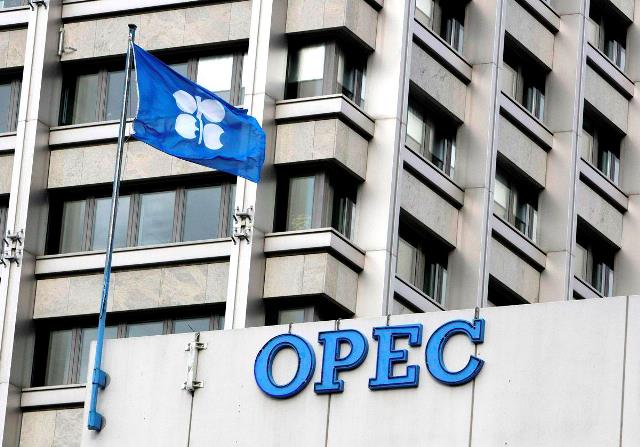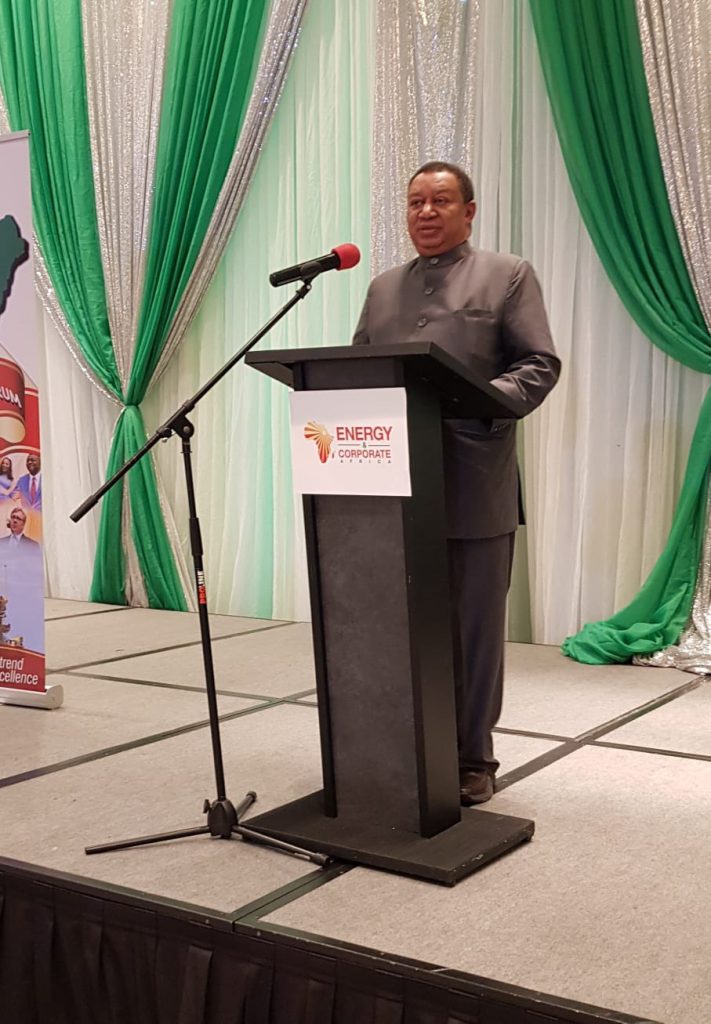The steady increase the prices of crude oil globally suffers a minor setback on Wednesday following a comment by the Russian Energy Minister, Alexander Novak casting doubts on the planned oil producers meeting set for April 17th in Doha
Brent crude was down 42 cents at $44.27 per barrel by 12:42 p.m. EDT (1642 GMT), while U.S. crude fell 35 cents to $41.82.
Novak had told journalists that the meeting which is intended to cut a deal on an oil output freeze would be loosely framed with few detailed commitments. The prospect of a combined OPEC and non-OPEC deal to prop up prices has boosted oil in recent weeks but analysts said that even if a deal is struck, it will do little to restore supply/demand balance.
In February, 2016, Saudi Arabia, Russia and other OPEC members like Nigeria agreed to freeze oil output in other to stop free fall of crude prices. But despite Russia’s statement that a critical mass of oil producers had agree to freeze output, However, Iran, which produces 500,000 barrels per day through its Minister for Oil, Bijan Zanganeh described the plan as a ‘joke’, declaring that his country would increase output.
Negotiations had broken down in March 14th between consenting producers, necessitating the shifting of the meeting from the earlier March 20th to April 17th.
ALSO SEE: Foreign reserves depletion, oil price fall threaten naira stability
Iranian oil Minister Bijan Zanganeh does not plan to attend the Doha meeting but Iran will be sending a representative, an Iranian journalist from the Seda weekly wrote on his twitter account on Wednesday. Iran has already said it does not plan to participate in the freeze agreement as it seeks to boost its production in the post-sanctions era.
“We believe that any agreement to freeze output which excludes Iran would largely be an acknowledgement of existing conditions at the main participants,” UBS said in a note on Wednesday.
For Nigeria, the reason for pushing for cut in output is simple. Nigeria’s economy depended largely on oil, and the country would anything to shore up prices. According to the Minister of State for Petroleum, Dr. Ibe Kachikwu, the target is to remove 1 million barrels per day from the markets to support prices and see if oil can be stabilized at $50 per barrel.

 Football1 week ago
Football1 week ago
 Health & Fitness2 days ago
Health & Fitness2 days ago
 Comments and Issues1 week ago
Comments and Issues1 week ago
 Featured6 days ago
Featured6 days ago
 Education7 days ago
Education7 days ago
 Business7 days ago
Business7 days ago
 Business6 days ago
Business6 days ago
 Crime7 days ago
Crime7 days ago







